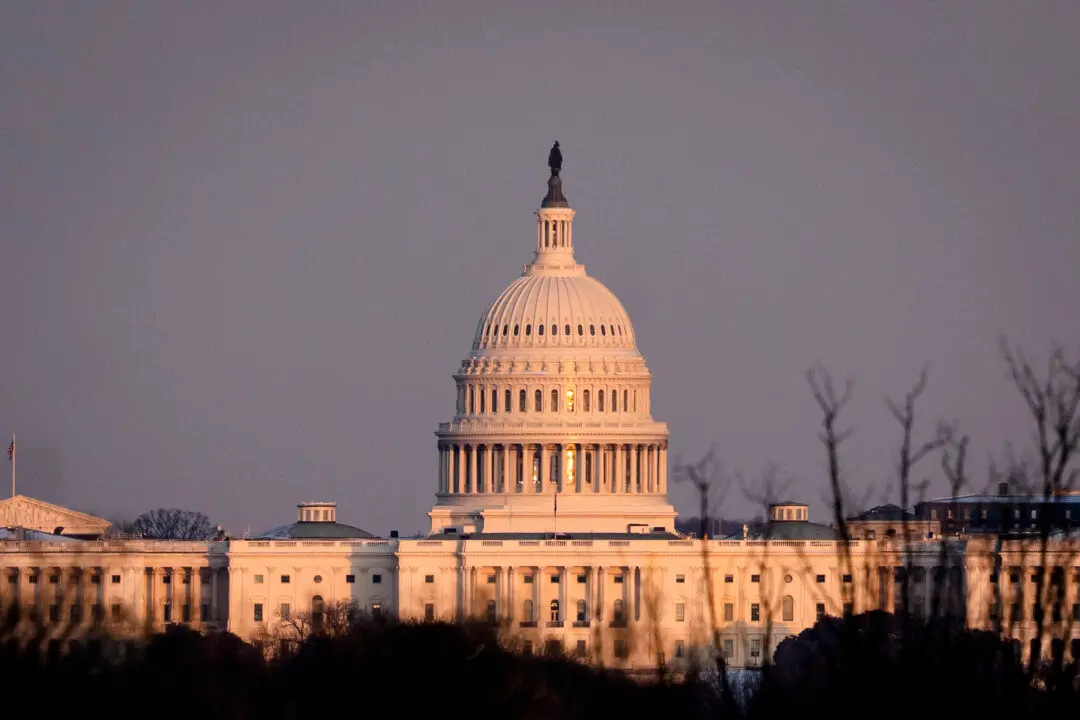In a speech at the Richard Nixon Presidential Library in Yorba Linda, California, on Aug. 17, Vivek Ramaswamy name-checked George Washington, James Monroe, and Mr. Nixon, stressing realism and the national interest as guiding lights in his foreign policy vision.
He said he would revive the Monroe Doctrine, a policy that began under President James Monroe at a time when European powers threatened the Americas.





